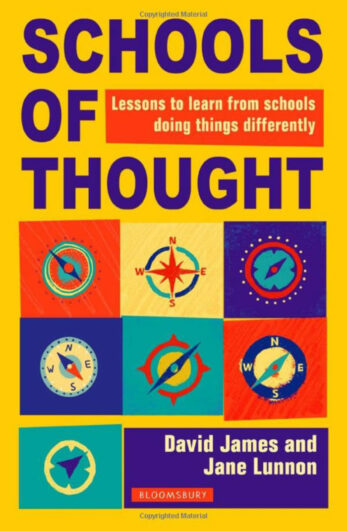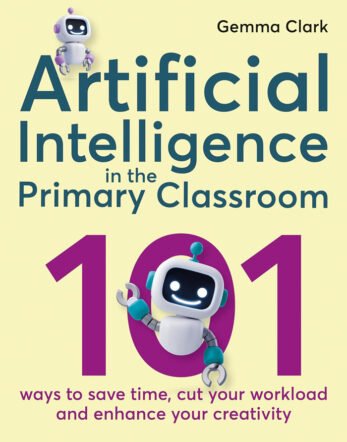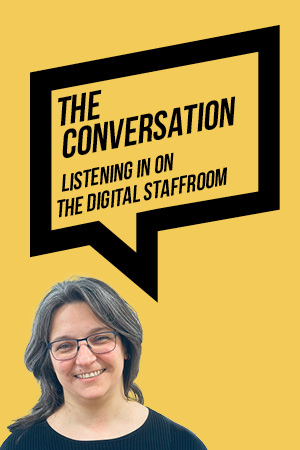Our guest blog reviewer of the week is Emma Hardy, primary school teacher and union activist @emmaannhardy
The Subtle Art of Giving Praise
Following the “controversial” blog on rewards written by an inexperienced primary teacher recommended in last week’s paper, @theprimaryhead wrote a dignified and intelligent reply. In the first piece, Quirky Teacher argued that it was wrong to give children a “puffed-up sense of importance” because they have achieved something after working hard. In contrast, Tim argues that teachers should “be grown up enough to recognise all levels of achievement”. He goes on to expand this idea and bust the myths perpetuated in the previous blog. He says: “Giving praise must not be a blanket experience that each child dutifully receives. It is a nuanced process and only the most Subtle-ist of subtle teachers will get it right. You must give praise effectively so that it does what it is intended to do: reward, motivate and teach everyone that perseverance is one of the most key elements to success.”
by Sue Cowley
Two blogs appeared on my computer feed this week, echoing some of my concerns regarding the current trend in schools to encourage a “growth mindset”. One blog from Sue Cowley addresses the extent to which growth mindset can ultimately determine student outcomes, and Alex (@HuntingEnglish) examines whether schools are actually making necessary changes or just paying lip service to them. Both explore difficulties around this growing movement.
I support the idea that hard work leads to achievement and that we can be masters of our own destiny but there’s always been a hesitancy in the back of my mind. Cowley perfectly articulates the potential problems: “I love the idea that effort is more important than attainment. However, I have some niggling concerns about the way that children and young people may interpret this message. When they hear us say ‘you’ll get better at this if you work harder’, will they hear ‘you didn’t get to the top because you didn’t try hard enough’?”
Alex doesn’t see the problems with mindset in the same way, arguing that “the very concept can help challenging low expectations and fills us with hope that with effort we can achieve what we may not have thought was possible”. Instead, his concerns are about how schools enact mindset activities and whether they superficially tick the latest “buzz box”. He argues: “when I hear people say we have done growth mindset I know they really haven’t — as they appear to misunderstand the concept at a fundamental level. In reality you have never ‘done’ growth mindset.”
Teacher Workload: Can it be sustained?
The topical issue of workload is addressed in this blog with the argument that workload is generated within schools: they should ask the question “will this increase teachers’ workload?” before they introduce new initiatives. Much of what is written is common sense but it’s reassuringly good common sense that should be read widely by all school leaders.
As an educational trade unionist, this is music to my ears and the idea of a workload policy in schools is something the National Union of Teachers is looking at. The author argues that when looking at continuing professional development for teachers the question needs to be asked whether it can be sustained for a year or over a teaching career? The author highlights that “we should also acknowledge that they [Ofsted] have made it abundantly clear that there are some ridiculous things that have been done in the their name,” I’d argue that the Ofsted myth busters document is essential, hard-fought-for reading and it should help teachers have workload conversations in their schools. The blog ends with the question that haunts me and often ends up with the wrong choices being made, “how can you decide what to sacrifice?”








Your thoughts